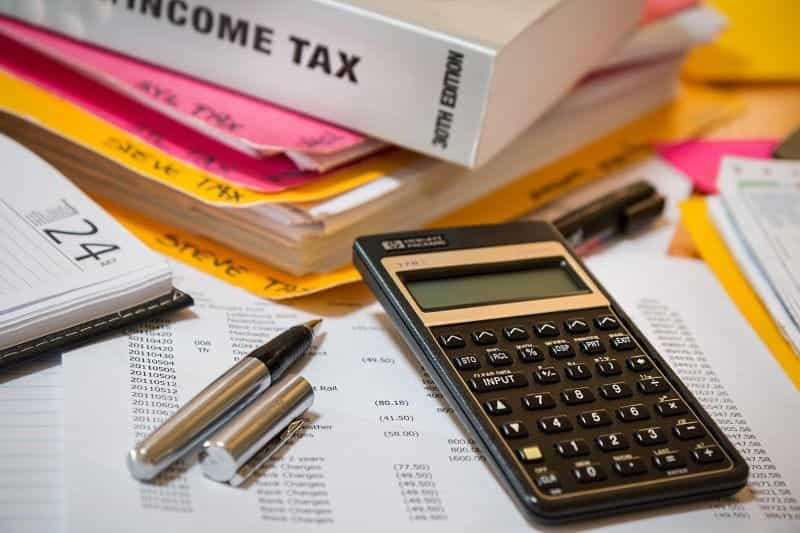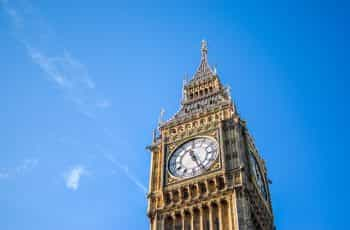Macao Introduces Tax Breaks for Casinos
The taxation increases sweeping across Macao are not going to immediately be levied on the city’s casinos, the move is effectively a tax break for the sector In an unprecedented and last-minute move, an amendment has been made to a new tax code expected to govern the city for at least the next decade. Fortunately for the casino industry, certain increases in tax will not apply to the casinos. The tax-break is being introduced to an industry that draws in a lot of foreign capital and income – this is of course fundamentally important in the health of the Chinese macroeconomy, this move is designed to protect this status quo.

Taxes on foreign owned casinos in Macao has sharply increased in recent years. Whilst the market for gambling in Macao is highly profitable, the 40% base tax rate is becoming a major burden on cash-strapped casinos looking for stability. ©stevepb/Pixabay
Gambling in Macao has not been meeting the demands set on in by China’s communist leadership. The expectation is the city will be a major source of foreign income, and will balance the strength of the Yuan against its USD denomination. But due to the pandemic, the industry has succumbed to stagnation and has been posting losses for 8 consecutive quarters. This terrible short-term performance is of course expected to sharply turn positive when government lockdown measures begin to ease. As of yet, the Chinese government hasn’t indicated if or when this will happen.
Elsewhere in the ecosystem there are other structural problems affecting the viability of Macao’s casino business model. Foreign visitors are drastically hampered from entering the region, and the local authorities have resorted to an incredibly strict set of protocols that prevent overseas travelers arriving to the city. Moreover, China has taken a tough stance against junket operators, effectively outlawing the entire industry. Junket operators are financial entities that would act as money-transfer vehicles from mainland China into Macao.
Under these immense structural pressures it is clear to see given the current cash-burn run rate across the Macao casino sector, that things were not sustainable. That’s partly why the authorities in the region have made exemptions for casinos to the latest round of tax rate hikes. The reduction in levies will help boost cultural activities, support infrastructure, and other government programs.
Public Interest and Boosting Foreign Income Sources
There is a widespread recognition in Macao that the casino business is one of the prime exports, and magnets for foreign wealth into Chinese currency. Addressing this is difficult, as Macao as a concept exists largely at odds with the Chinese political ideology. And yet, when this sector is facing the brink of failure due to a poor macro-economic environment, the Chinese government is more than willing to step in and help bolsters its longevity. It goes to show that on the surface political treatment of Macao’s casinos is low-key, but under the hood a lot of work goes into preserving its dominant market share.
Other improvements have been tabled but are yet to find their feet or materialize into any actual realizable benefits. Quarantine timelines on foreign arrivals has been slashed from 14 days to 10 days – but despite this small adjustment, most observers of the market question how likely it will be to make any meaningful impact. Cumbersome entry processes have turned many tourists of from the idea of traveling to China, combined with the unpredictability of China’s authorities to invoke extreme restrictions on the ability to travel.
The fact remains that Macao as an investment opportunity is a volatile and risky option. Not only does the political climate prove increasingly hard to anticipate, but the base taxation level on gross gaming revenues of 40% is one of the highest in popular gaming markets. Comparable to Singapore, the second largest gaming market in Asia, taxes are only 22% on casino gaming revenues.
UBS have been vocal about their bearish outlook on the Macao casino sector. Price estimates on the biggest equities in this market have dropped considerably over the previous 12 months. On top of the mainland’s continued COVID troubles, there had to be a pushback on the forecast for allowing foreign travel to increase. Now it seems that recovery won’t properly begin until at least early 2023. Financially the city is forecasted to pull in revenues of $8.7 bln, down from the previously forecasted $12.3 bln – EBITDA is also re-adjusted to $294M, down from a previous forecast of $1.7 bln.



